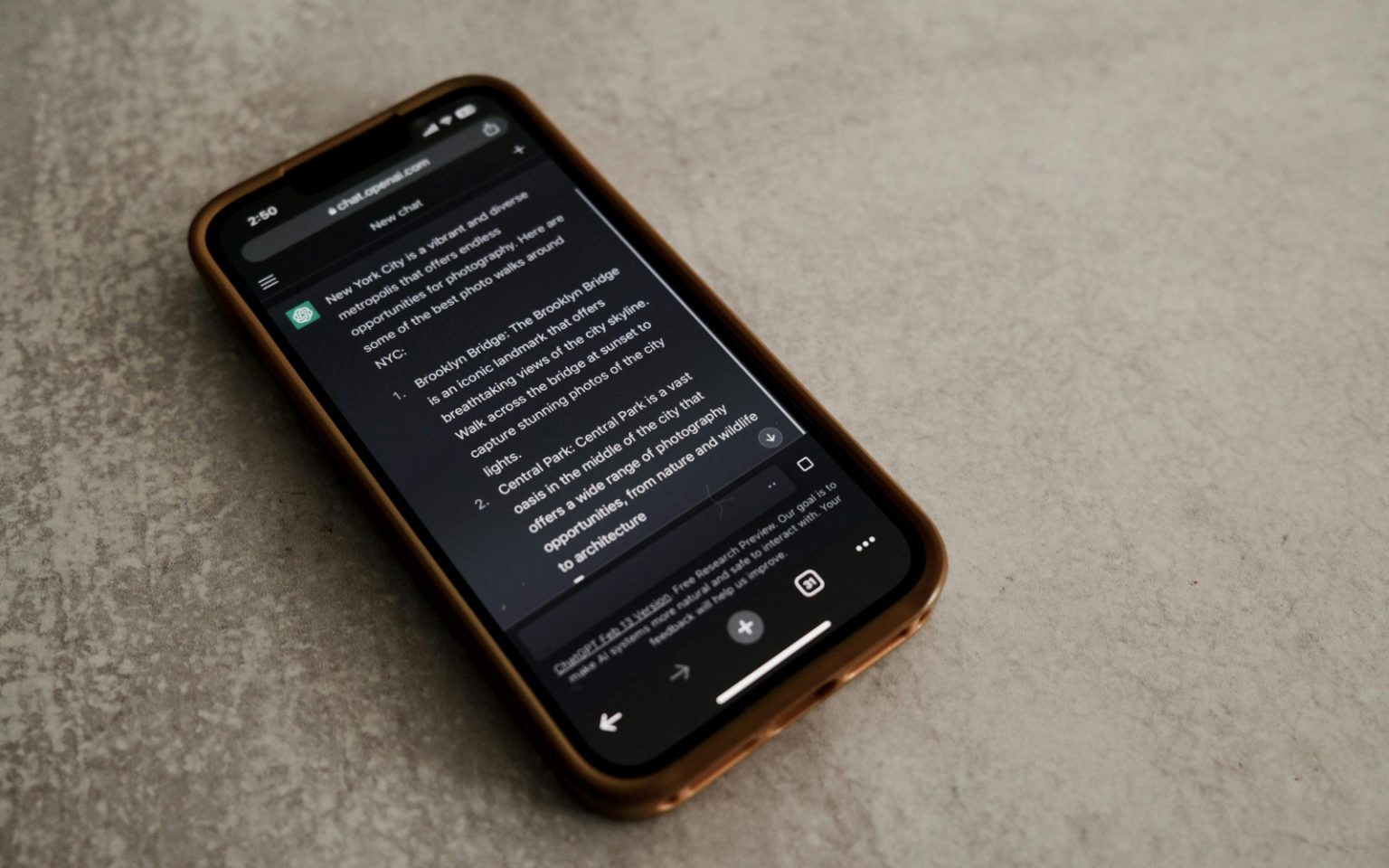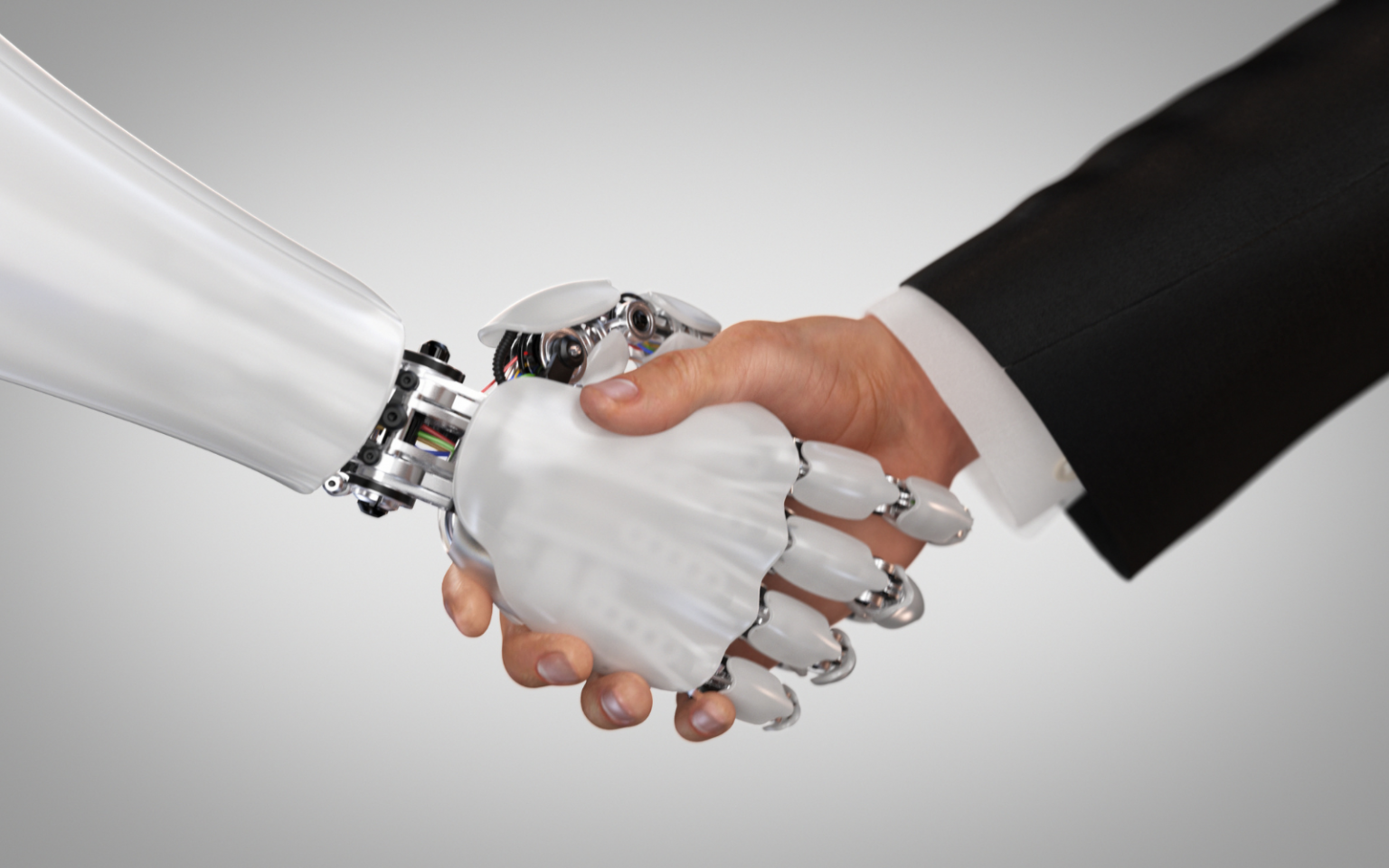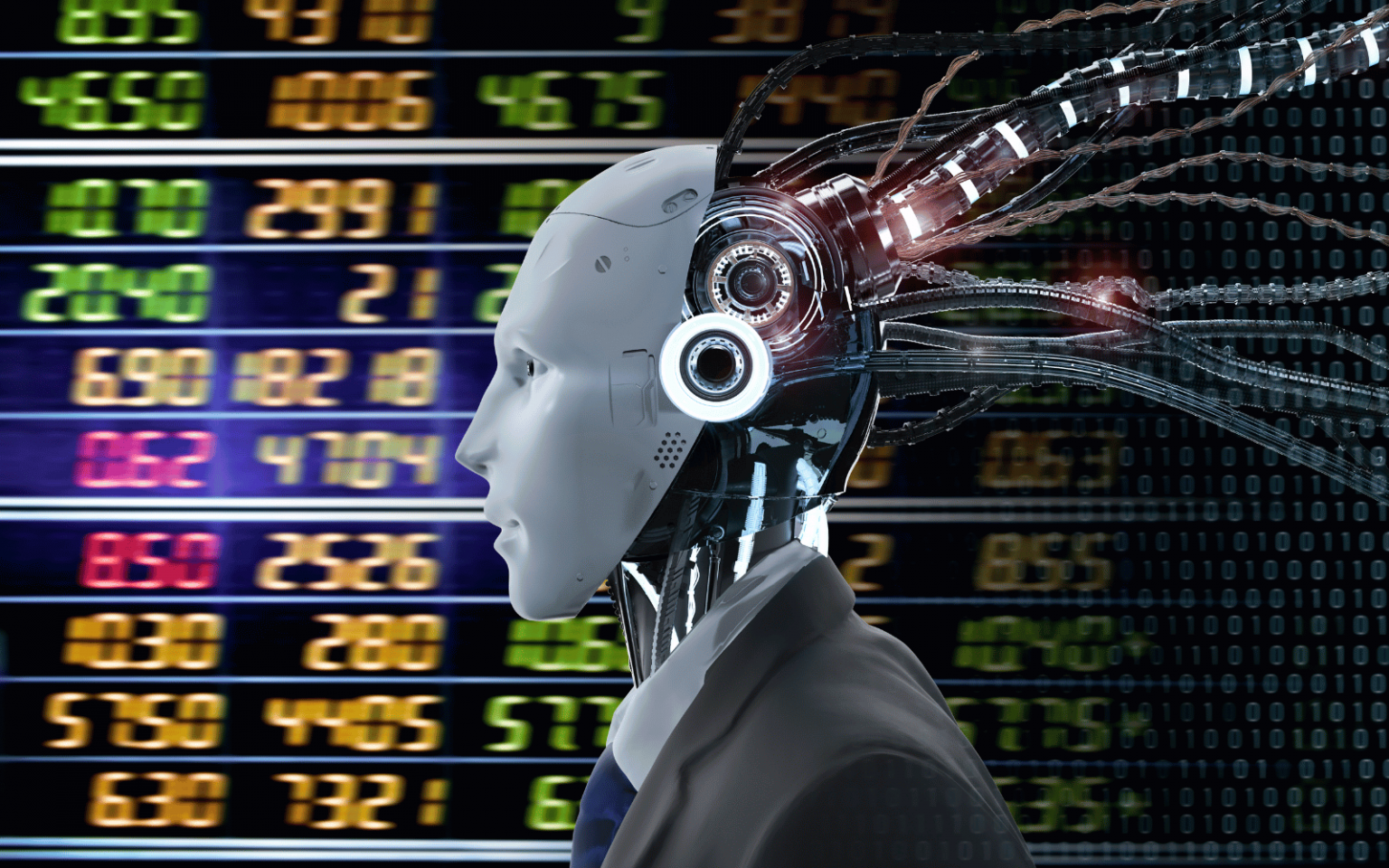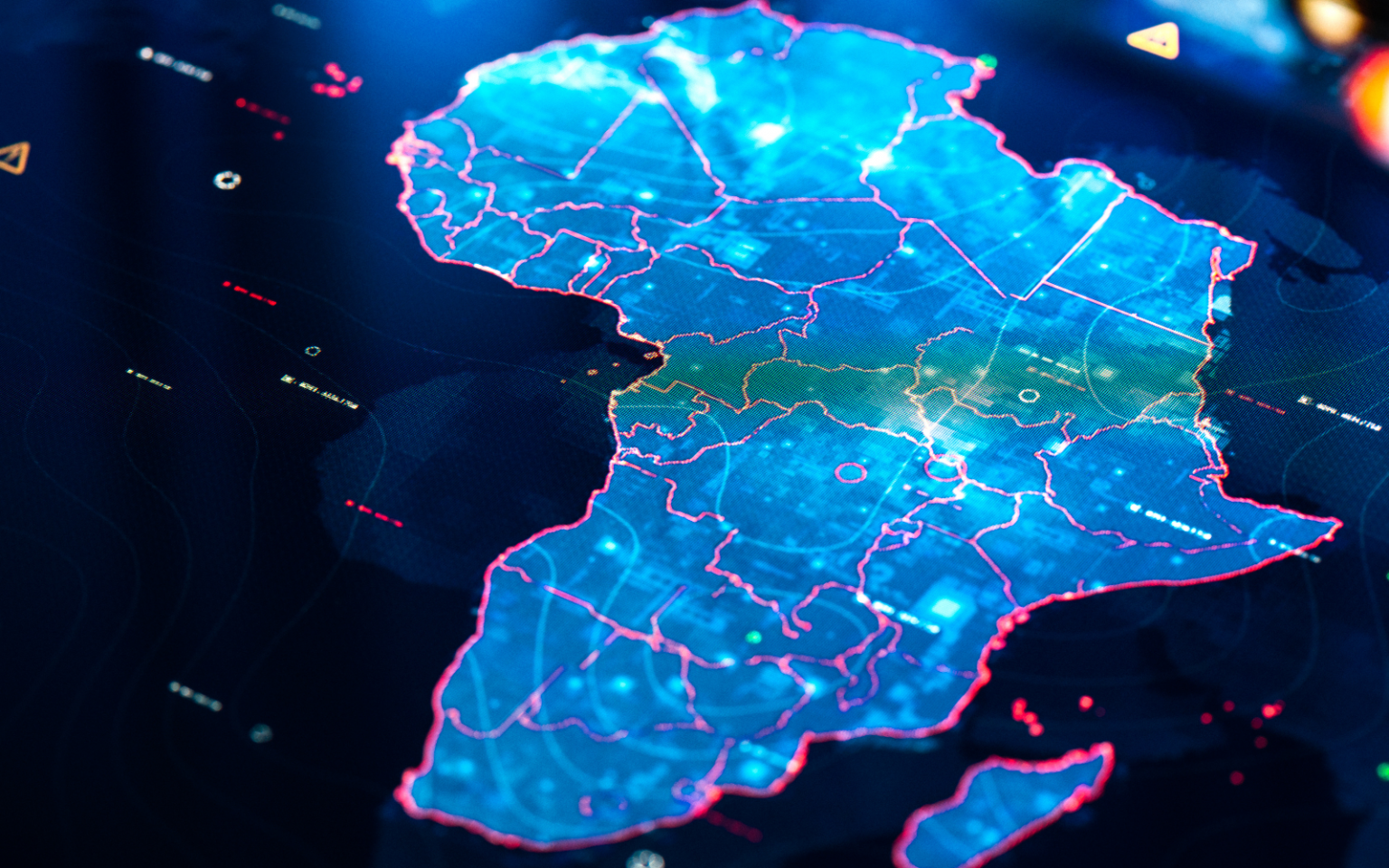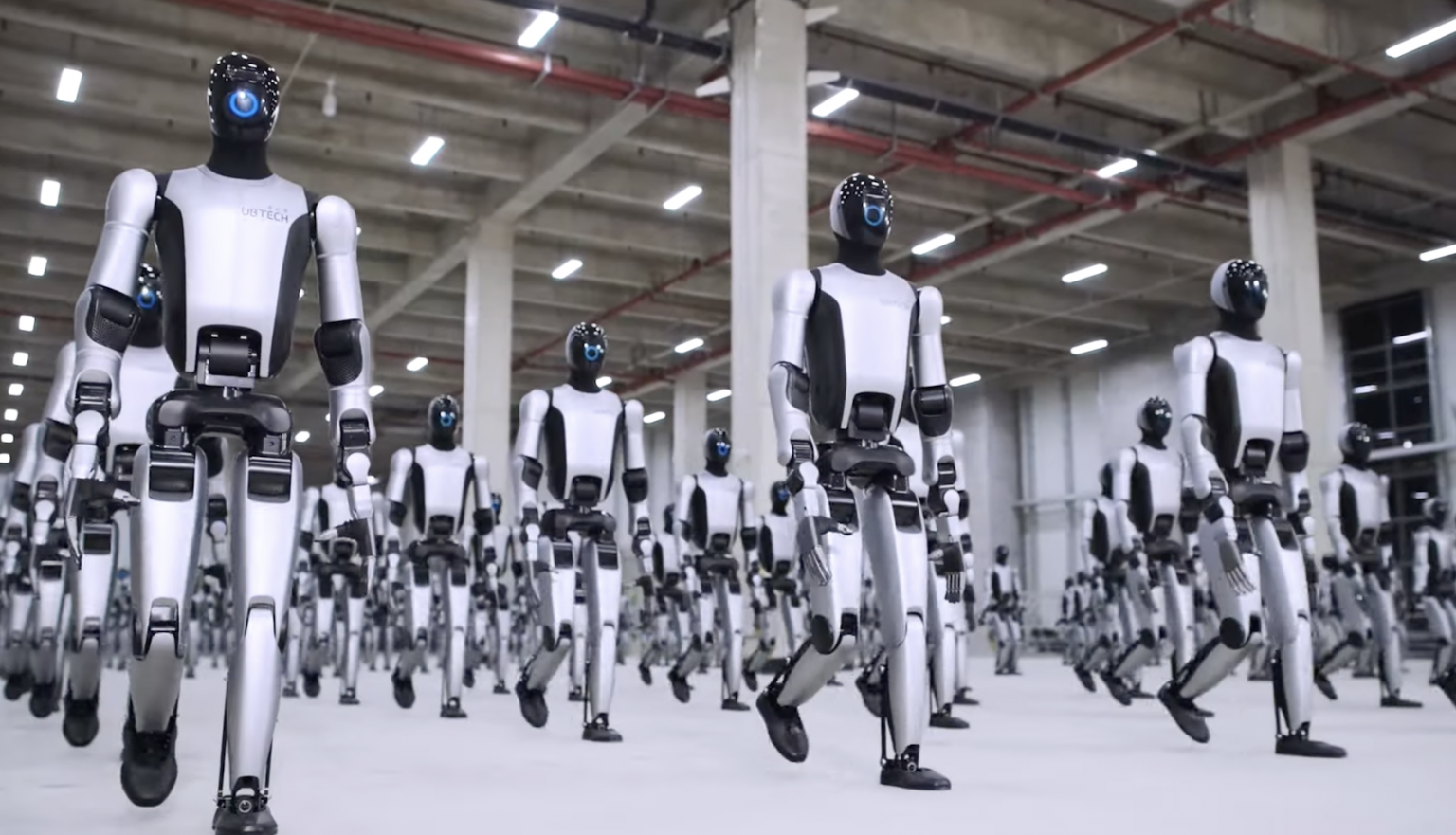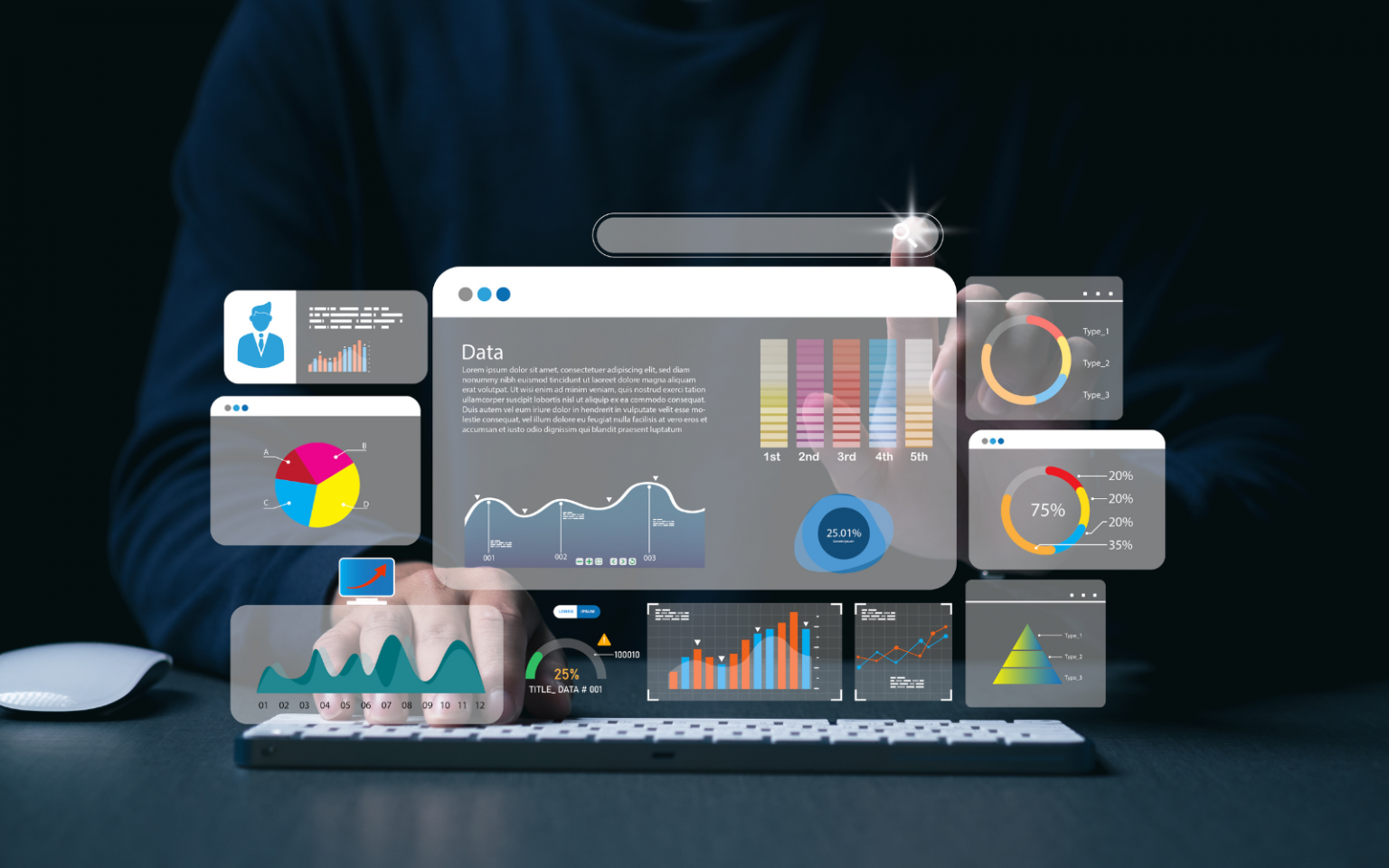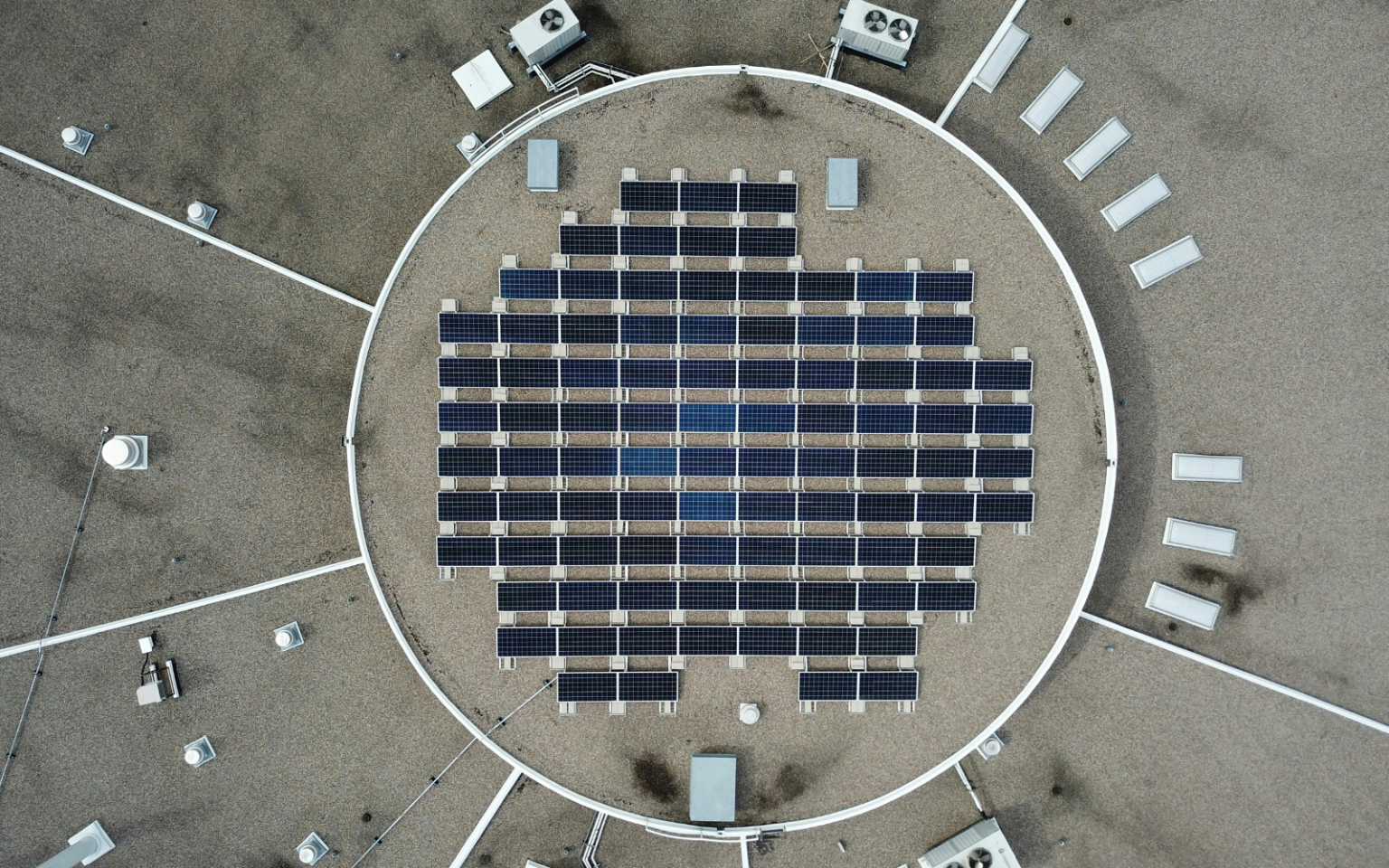American artificial intelligence (AI) company Anthropic this month attracted applause – and a surge in users – for clever advertisements poking fun at its competition. In the commercials, an AI assistant awkwardly breaks away mid-conversation to push products such as shoe insoles and dating services. “Ads are coming to AI”, the Super Bowl-tied spots warned, but not to Anthtropic’s own chatbot Claude. The campaign quickly generated buzz because it played to peoples’ worries that inviting advertising into AI platforms, which many of us now rely on – and confide in – risks blurring the line between helpful advice and paid influence. But that anxiety, while understandable, overlooks how advertising already works across much…
Author: The Conversation
“Edge computing”, which was initially developed to make big data processing faster and more secure, has now been combined with AI to offer a cloud-free solution. Everyday connected appliances from dishwashers to cars or smartphones are examples of how this real-time data processing technology operates by letting machine learning models run directly on built-in sensors, cameras, or embedded systems. Homes, offices, farms, hospitals and transportation systems are increasingly embedded with sensors, creating significant opportunities to enhance public safety and quality of life. Indeed, connected devices, also called the Internet of Things (IoT), include temperature and air quality sensors to improve indoor comfort, wearable sensors to monitor patient health, LiDAR and…
Most AI training teaches you how to get outputs. Write a better prompt. Refine your query. Generate content faster. This approach treats AI as a productivity tool and measures success by speed. It misses the point entirely. Critical AI literacy asks different questions. Not “how do I use this?” but “should I use this at all?” Not “how do I make this faster?” but “what am I losing when I do?” AI systems carry biases that most users never see. Researchers analysing the British Newspaper Archive in 2025 found that digitised Victorian newspapers represent less than 20% of what was actually printed. The sample…
The financial industry is entering a new era, with AI and new regulations on accessing data transforming how finance works. These changes are giving people more options to manage their money in new ways – taking us closer to totally cashless transactions. Over the last century, banks implemented new technologies like ATMs, internet banking and smartphone apps to fundamentally change our relationship with money. Now, new regulations and initiatives around the world are forcing banks to allow fintech firms (companies that use technology to provide financial services) to access customers’ banking data. This includes regulations like the EU’s revised payment services directive (PSD2), which…
The strategic significance of the reference to energy reform in South African President Cyril Ramaphosa’s State of the Nation Address cannot be overstated. Many media reports carried a sense of elation about how this clears the way for resolving the country’s long-term energy crisis. This sentiment is premature: there are many devils in the details that need to be attended to before the country can celebrate. Ramaphosa announced that the soon-to-be-established Transmission System Operator will own South Africa’s transmission assets. This would include all main powerlines and sub-stations. This was contrary to what had been expected, particularly by South Africa’s state-owned power utility Eskom. Its…
For years, big tech companies have placed the burden of managing screen time squarely on individuals and parents, operating on the assumption that capturing human attention is fair game. But the social media sands may slowly be shifting. A test-case jury trial in Los Angeles is accusing big tech companies of creating “addiction machines”. While TikTok and Snapchat have already settled with the 20-year-old plaintiff, Meta’s CEO, Mark Zuckerberg, is due to give evidence in the courtroom this week. The European Commission recently issued a preliminary ruling against TikTok, stating that the app’s design – with features such as infinite scroll and autoplay – breaches the…
One year after the AI Summit in Paris, the international community will meet again this week in New Delhi for the Global Summit on Artificial Intelligence, whose objective will notably be to support the diffusion of AI uses in developing countries. In Africa, AI and Tech investment remains concentrated in the “Big Four” – South Africa, Egypt, Kenya and Nigeria – at the expense of other countries across the continent. This analysis explores the causes of this imbalance and the levers that could be used to better direct capital. Between 2015 and 2022, investment in African start-ups experienced unprecedented growth: the number of start-ups…
In mid-2023, around the time Elon Musk rebranded Twitter as X, but before he discontinued free academic access to the platform’s data, my colleagues and I looked for signs of social bot accounts posting content generated by artificial intelligence. Social bots are AI software that produce content and interact with people on social media. We uncovered a network of over a thousand bots involved in crypto scams. We dubbed this the “fox8” botnet after one of the fake news websites it was designed to amplify. We were able to identify these accounts because the coders were a bit sloppy: They did not catch occasional posts…
Government departments across South Africa are increasingly relying on digital tools to evaluate public programmes and monitor performance. This is part of broader public-sector reforms. Their aims are to improve accountability, respond to audit pressure and manage large-scale programmes with limited staff and budgets. Here’s an example. National departments tracking housing delivery, social grants or infrastructure rollout rely on digital performance systems rather than periodic paper-based reports. Dashboards – a way of showing visual data in one place – provide near real-time updates on service delivery. Another is the use of platforms that collect mobile data. These allow frontline officials and…
South Africa’s electricity system is changing. After years of blackouts until 2024, the state-owned energy company Eskom is being unbundled into smaller companies, and the sector is increasingly open to private investment. Households, businesses and municipalities are finding ways to rely less on the national grid and switch to renewable energy – a process known as off-gridding. Meanwhile, South Africa has raised US$13.7 billion to move away from coal-fired electricity (to be spent on renewable energy projects). But urban households that have never been connected to the national grid (such as shack settlements) are largely absent from these plans. This creates a policy blind spot where…

